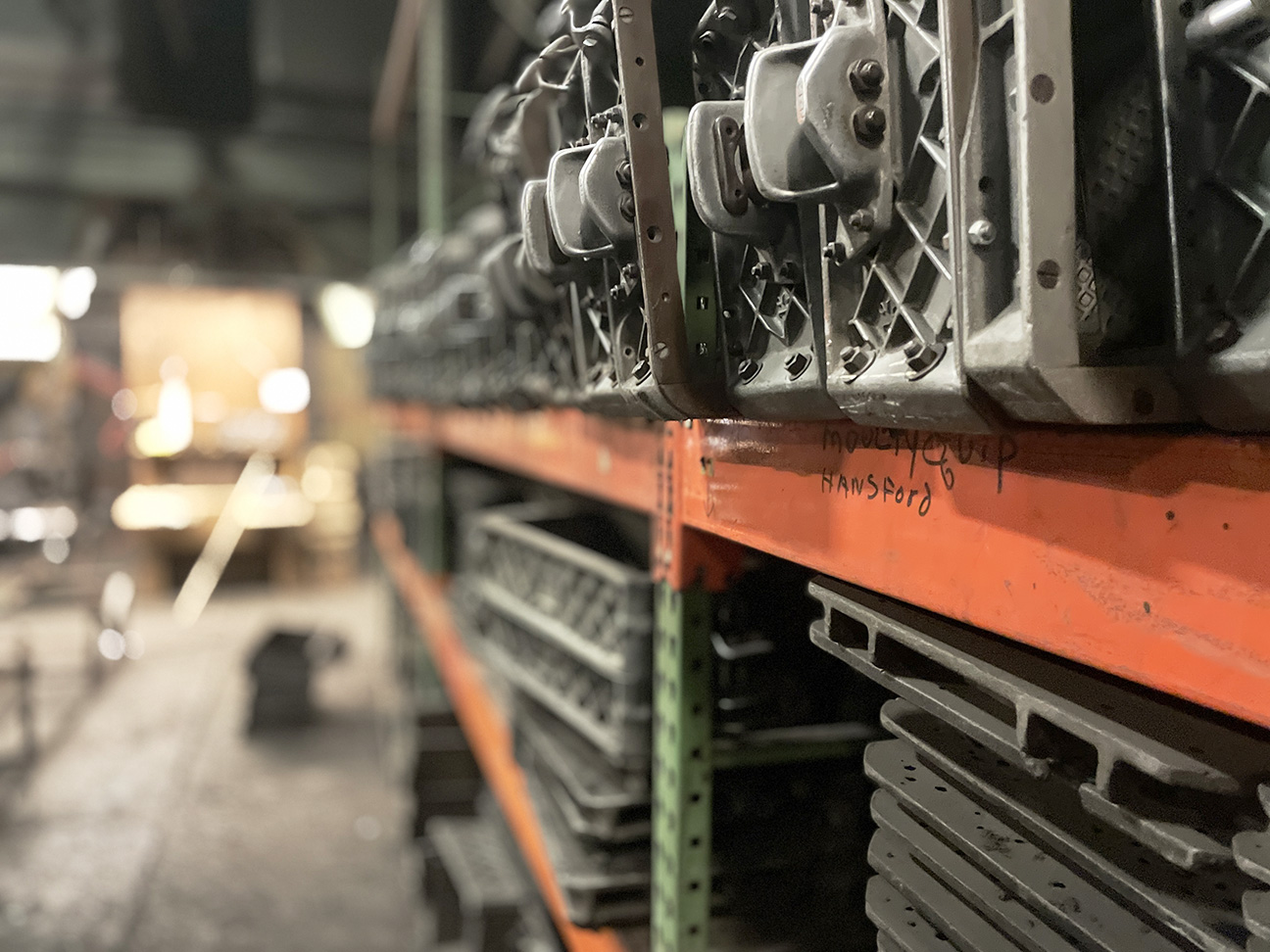In a year marked by shifting trade policies, geopolitical uncertainties, and evolving energy economics, supply chain choices are no longer just operational decisions—they are strategic ones.
Recent policy changes have only underscored this reality. In early August 2025, the U.S. government announced a 50% tariff on imported aluminum products, while notably exempting refined copper from similar duties. This decision—highlighted in a recent Reuters report—offers an important glimpse into the forces shaping American manufacturing today, and why domestic sourcing is more critical than ever for foundries like ours.
Copper vs. Aluminum: A Tale of Two Policies
Copper
Refined copper avoided new tariffs, with duties applying only to semi-finished products like wire, tubing, and sheet. Why the exemption?
- The U.S. is a major copper producer, with strong domestic reserves and processing capacity for refined copper.
- Policymakers see copper as a critical material for the nation’s electrification goals—powering electric vehicles, renewable energy infrastructure, and grid modernization.
- A tariff on refined copper could have disrupted supply chains in these strategic industries, potentially raising costs for domestic manufacturers.
Aluminum
By contrast, aluminum imports are now subject to a steep 50% tariff. Several factors drove this:
- U.S. primary aluminum production is heavily constrained by high electricity costs—making it less competitive globally.
- Aluminum producers have been lobbying for stronger trade protections to shield against low-cost imports.
- Tariffs are intended to bolster domestic smelting and protect U.S. jobs, but they also raise input costs for manufacturers relying on imported aluminum.
How This Impacts Foundries and the Broader Supply Chain
Trade policy is no longer a distant background factor—it’s a real-time influence on production planning, pricing, and competitiveness. Tariff volatility can shift cost structures overnight, disrupt contracts, and create uncertainty for customers.
For metalcasting operations, the lesson is clear: The more you depend on foreign raw materials, the more vulnerable your business is to policy shifts you can’t control.
Meloon’s Approach: Domestic Sourcing as a Strategic Advantage
At Meloon Foundries, we’ve long prioritized U.S.-sourced copper and recycled aluminum—a decision driven not by short-term market shifts, but by a long-term strategy rooted in three core principles:
- Tariff Resilience
By sourcing refined copper domestically and leaning on U.S.-based recycling streams for aluminum, we minimize exposure to sudden cost spikes caused by new tariffs or trade disputes. - Supply Chain Stability
U.S.-based suppliers offer greater predictability in lead times, quality, and regulatory compliance—critical in industries like defense, aerospace, and infrastructure where reliability is non-negotiable. - Sustainability and Energy Responsibility
Aluminum smelting is one of the most energy-intensive industrial processes. Using recycled aluminum not only reduces environmental impact, it sidesteps some of the cost pressures tied to electricity markets.
Policy-Aware Manufacturing: Looking Ahead
We believe the next decade will reward manufacturers who align their sourcing strategy with:
- Energy economics — recognizing that high-energy materials like aluminum will remain cost-sensitive to power market volatility.
- Critical material security — supporting domestic production of metals essential to national infrastructure and clean energy transitions.
- Circular economy practices — embracing recycling and resource recovery to reduce both environmental and economic risks.
These aren’t just talking points—they’re the foundation of a resilient, future-ready manufacturing base in the United States.
Conclusion: Building a Stronger, More Reliable Future
In an era where policy can change with the news cycle, U.S.-sourced materials offer more than just patriotic appeal—they offer stability, security, and strategic advantage.
By investing in domestic supply chains, sustainable practices, and forward-looking sourcing strategies, we’re not just adapting to the market—we’re helping shape the next chapter of American manufacturing.
At Meloon Foundries, we believe that where your materials come from is as important as what you make with them. And in today’s manufacturing climate, that belief is more relevant than ever.
What’s Your Take?
How do you see U.S.-sourced materials shaping the future of manufacturing competitiveness? Share your perspective—we believe this is a conversation worth having across our industry.



